Resources

Ki Tisa: Finding Your People
As a Correctional Chaplain, I work with kindred spirits, among staff and Inmates, who are striving to live meaningful lives, confronting negativity within and without, and transforming themselves and their society.
more

Zionism out of Love
Rabbi Jill Jacobs explores how Rabbi Moshe Avigdor Amiel's words might form the basis for a new approach to Zionism and to Israel that can lead us toward a political solution.
more
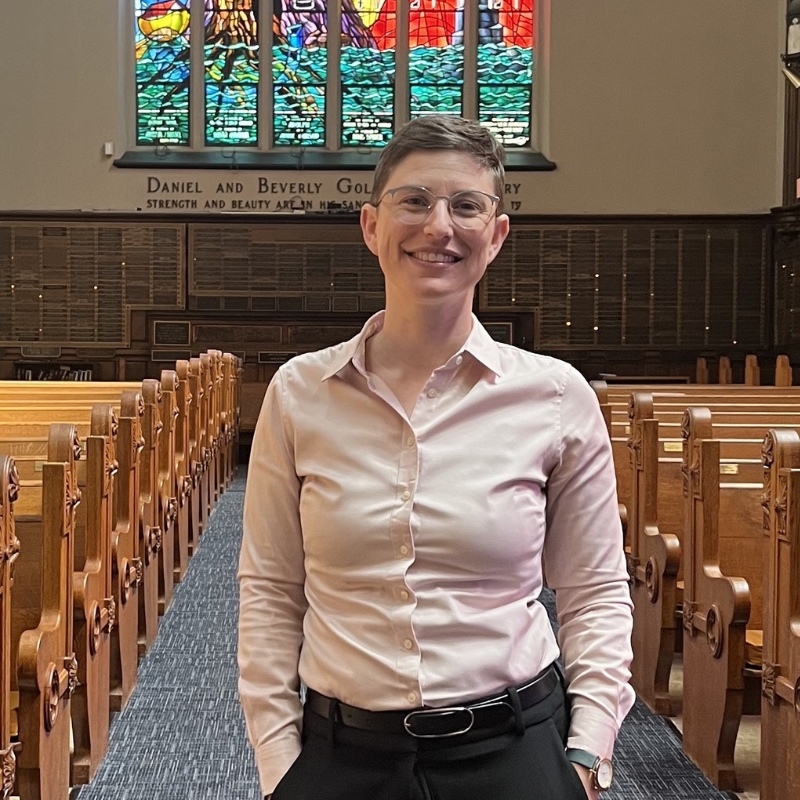
Shabbat Zachor: Remember Your Humanity
Should you ever be tempted to be like Amalek — blot out that very thought. Remember your humanity. Do not forget that to be a Jew is to be a light unto nations, not a threat.
more
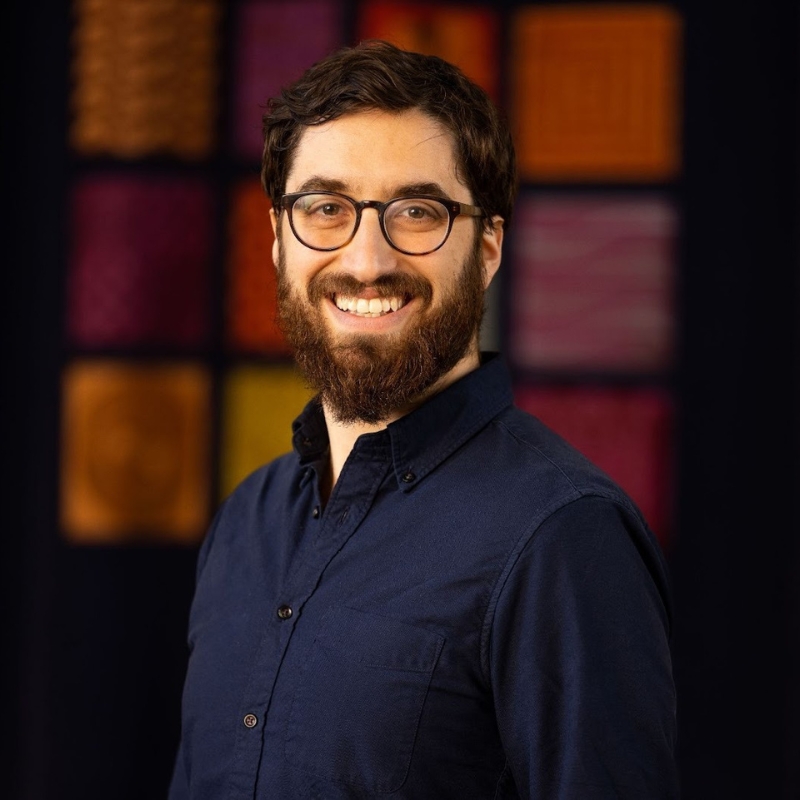
Terumah: Holy Fragmentation
Recently, I attended an anti-ICE protest near my home. Our government’s recent methods of terrorizing immigrants feel deeply at odds with the democratic values that I want my country to live by. As I approached, the first thing I saw was a large Palestinian flag; closer in, several protest leaders were wearing keffiyehs. In the...
more
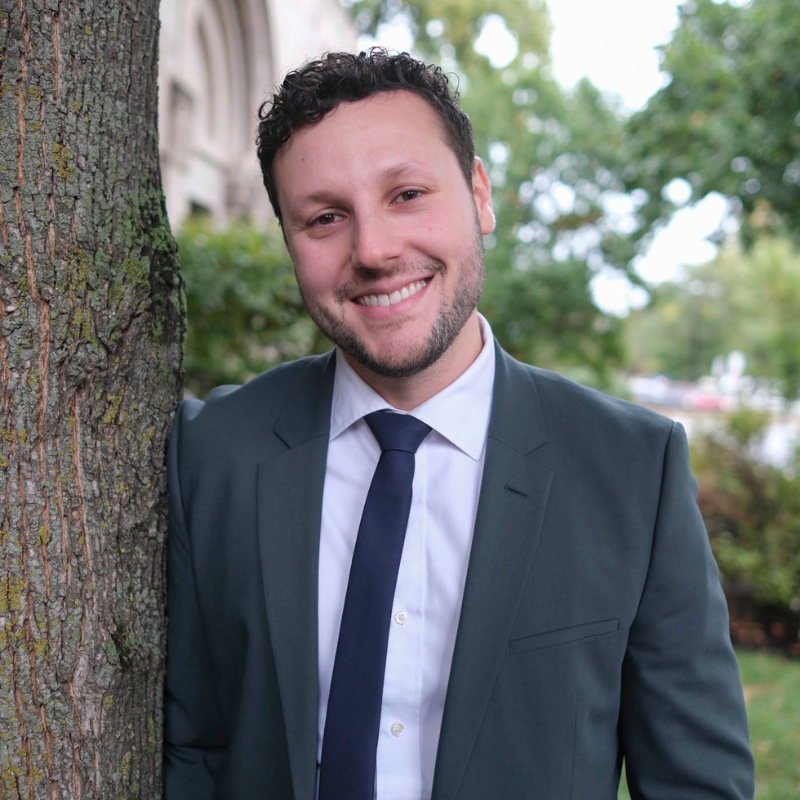
Mishpatim: Legal Is Not Always Just
Torah does not ask us to confuse legality with righteousness. It challenges us to investigate whether our laws serve the most vulnerable, honor human dignity, and reflect the divine spark that exists within every human being.
more
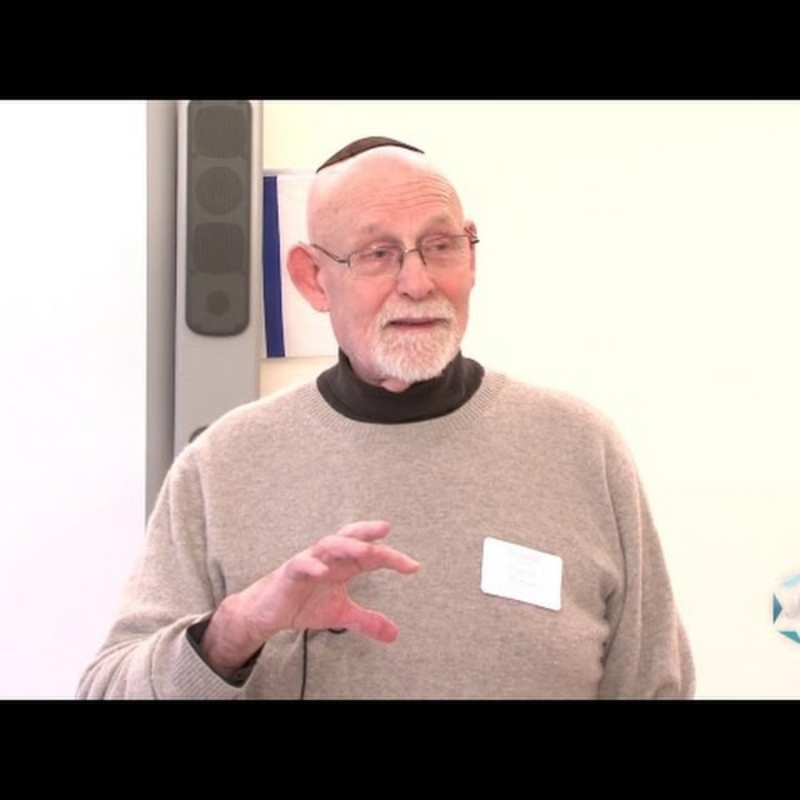
Yitro: The Other Half of the Tablets
It is exactly how we treat every person, every animal, every plant, our planet — with reverence — that distinguishes us as fulfillers of the Divine commandments on which the world was formed, and the slaves from Egypt were redeemed.
more
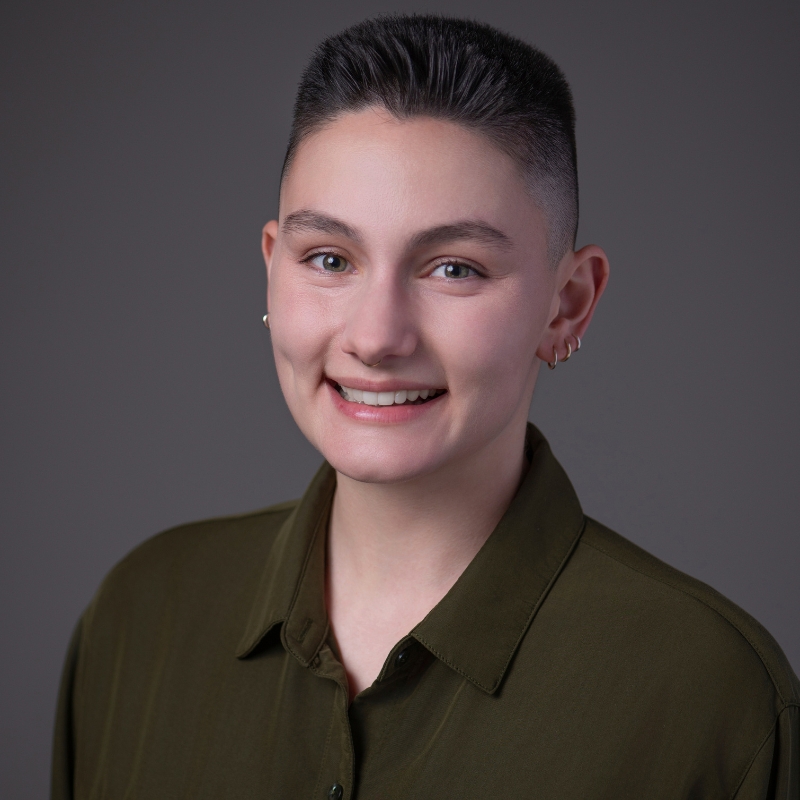
Beshalach: Scarcity and Sustenance — What Is Enough?
In a time when manna no longer falls from the sky, its ethic becomes our responsibility. By rejecting the culture of excess, using Shabbat as a tool of resistance, and fostering communities of care, we can work toward building the society that our parshah invites us to imagine.
more
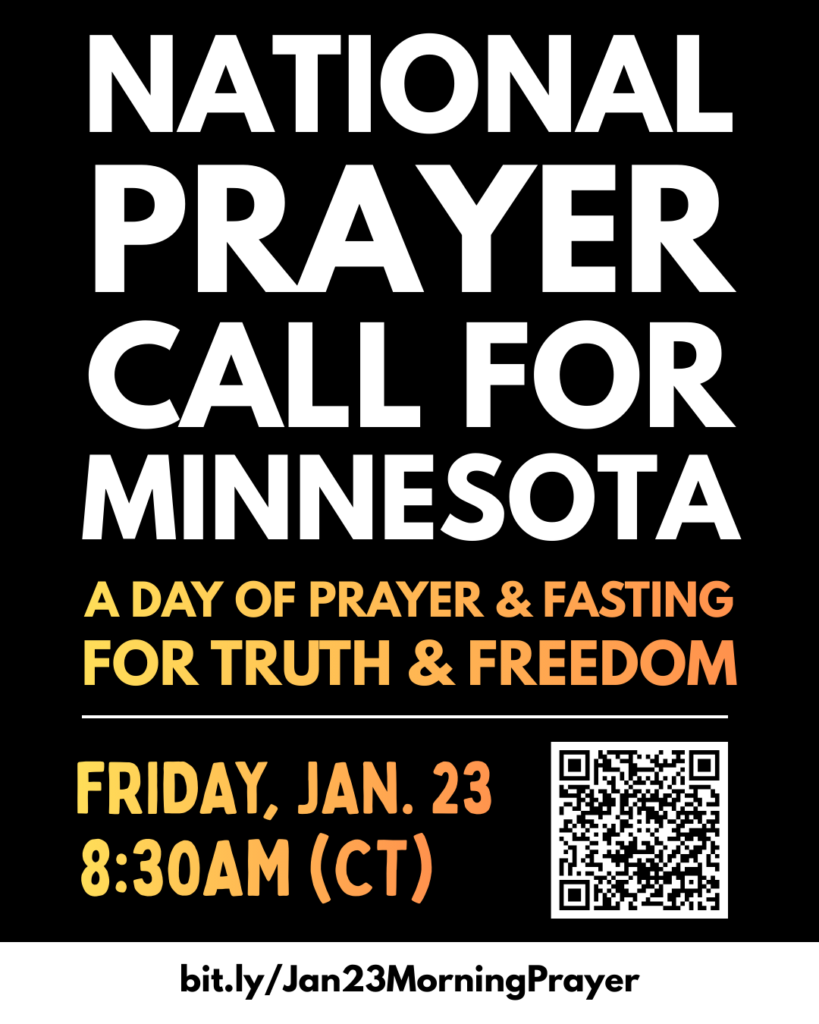
Rabbi Jill Jacobs’ prayer for Minnesota, National Prayer Call for Minnesota 1.23.26
Words of prayer from Rabbi Jill Jacobs in support of Minnesota.
more
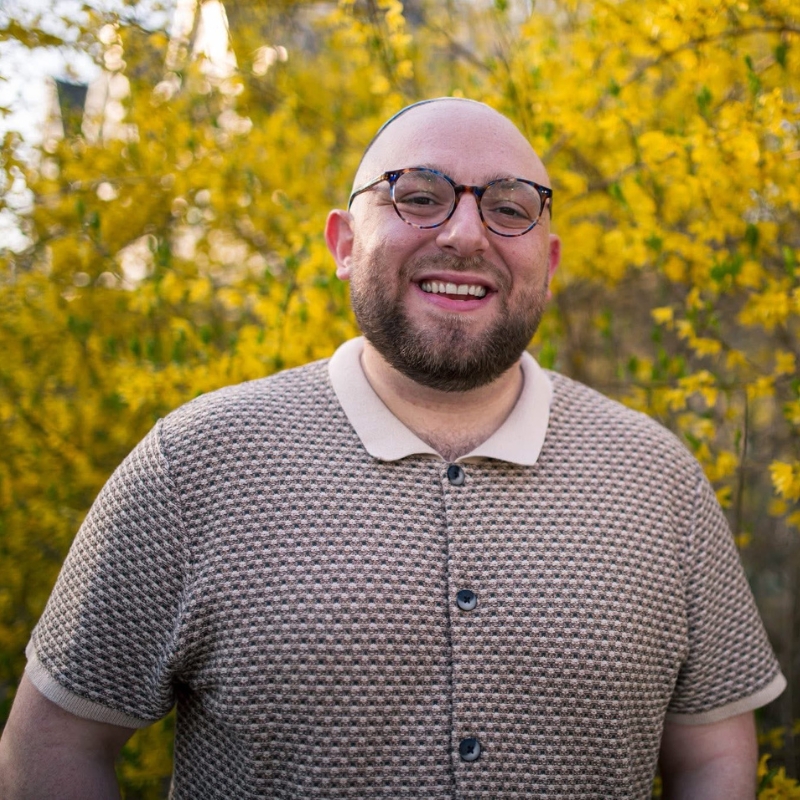
Bo: What Brings Light?
Darkness, in Bo, was not merely the absence of light, but the collapse of moral vision — the inability to see the person beside you. The Israelites, by contrast, … were able to preserve connection within their homes. Connection is also light.
more
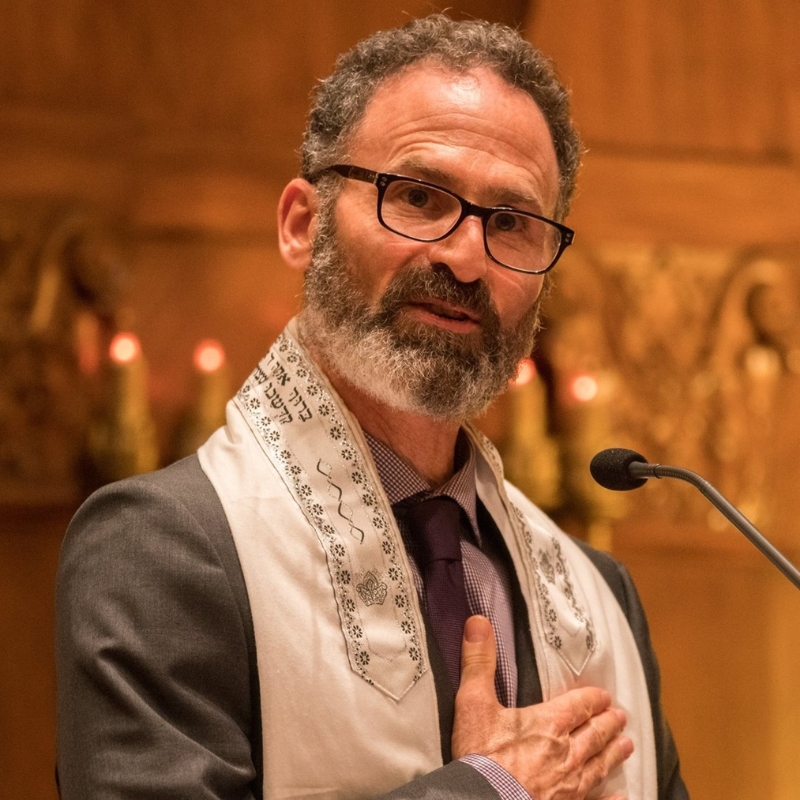
VaEra: And God Spoke
…I am a refugee. I am an immigrant. I am a person of color. I am a transgender person…
[These] words become more than just words when we know that it was YHVH who spoke them.
more


